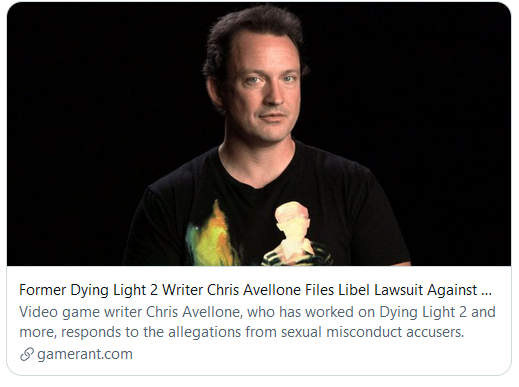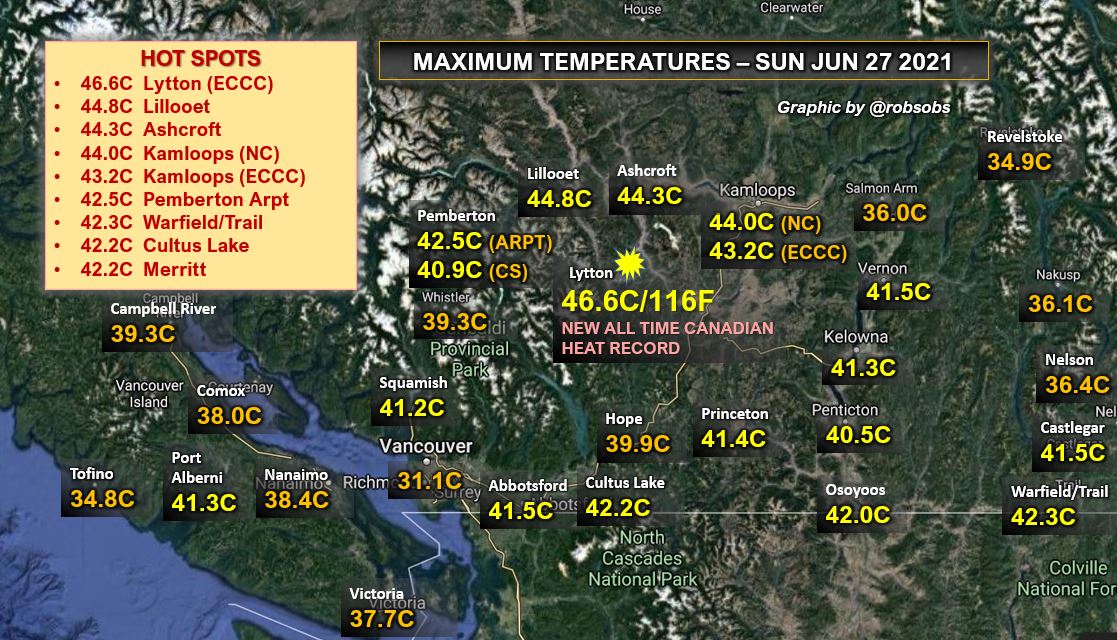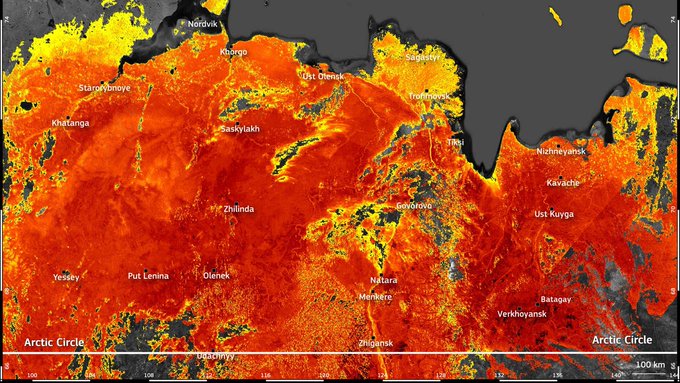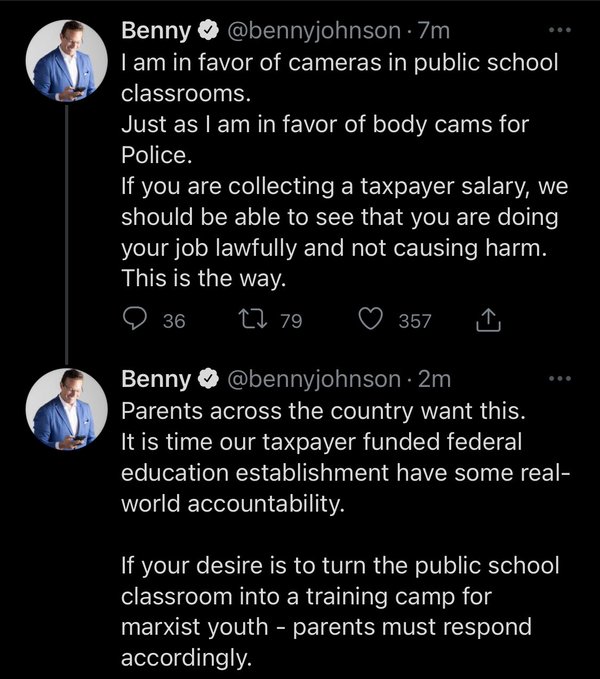So, Chris Avellone, for those who don’t know, is (or was) a famous game writer. He wrote much of Planescape:Torment, considered one of the best role-playing games of all time. It often sits at #1 on “best of” lists.
Last Year, Avellone was accused of inappropriate behaviour with a number of women. Game companies he’d been working with dropped him like he was greased shit; he became unemployable.
Now, I don’t know what Avellone did, or didn’t do, but what I do know is that if being cancelled means you’ll never have a good job ever again, you’ve got two choices: You can grovel (which rarely seems to work), or you can fight.
Well, or you can slink away, I guess. If you never need to work again, that’s an okay option, I suppose. Otherwise, your future is minimum wage McJobs.
Avellone has chosen to fight. I’m not sure it’s the smartest way (libel lawsuits are hell), but it’s the way he’s chosen.

Big names like C.K. Louis, the comedian, often bounce back fairly easily.
But the effects on mid- and low-level people are often catastrophic. Every time their name is entered into a search engine for the rest of their lives, what’ll come up is their alleged offense. Anyone who hires them knows that they are opening themselves up to a PR hit, so they don’t.
I’m not super-opposed to cancelling. For a long time, too many mid- and high-level celebrities lived in bubbles. The grapevine for insiders always knew about their issues, but outsiders were kept ignorant, and in the worst cases, young women were fed to them. This is certainly the case for Bill Cosby.
Cosby went to jail, eventually, and without the pile-on, that might never have happened.
But inappropriate behaviour and criminal behaviour are two different things, and the penalty of “will never have a decent job ever again” seems a bit high. Even when it doesn’t hit quite that level, as in the case of Alexis Kennedy, the hit can be harsh; his company went from expanding and illustrious to a small shop that will do one artisan game at a time. His little company had sponsored and helped multiple even smaller companies; all of them, save one, felt they had to give up the sponsorship, thus losing important help and money.
I feel a bit bad about Kennedy, because for about the first week and a half I shrugged and assumed it was true enough.
I looked into after a bit, because I admired Kennedy’s writing. The initial accusation was of being a sexual predator, but nothing that came out over the next couple weeks supported that. He had given his girlfriend a job at his firm (she begged him to), then when they broke up, he stopped praising her work and started criticizing it harshly. By all accounts, he was something of an asshole boss, though, and it’s equally possible that his praise was fake as it is that his criticism was motivated by the breakup.
He met his next girlfriend at work and, apparently, they flirted outrageously at a work event (she’s happy, they’re still together). He also apparently sat too close to some women for their comfort. There were some other offenses, mostly amounting to “an asshole boss who doesn’t follow his own procedures,” but nowhere was there any indication he was a sexual predator. No accusations of rape; not even an accusation of pressuring women for sex. He certainly seems to have weaseled on some things, but a lot of it came down to “he says/someone else says” about accusations that were almost all, at worst, “harsh language” and “two inappropriate relationships with juniors that they admit were consensual, and the unhappy one begged him for the job.”
But he still got cancelled.
I suppose this post would end better if I had a rousing finale about how I hate cancel culture or how it’s overall good, but really it’s just mob behaviour, little different from the social dynamics that used to be far more common in villages and institutions and rare outside of them. Sometimes the target “deserves” it, sometimes they don’t, and rather often, the person is disagreeable in some way. But the punishment is either disproportionate or they are accused of something they didn’t do because what they did do is shitty, but not something people feel they can hurt them for.
So I guess my non-rousing finale is, “Don’t believe it until you’ve done your own research.” Don’t become part of the mob, letting your emotions get away with you or shrug and assume something is probably true. It may be, it may not be, but you don’t actually know.
(Avellone’s Personal Post on the accusations.)
(My writing helps pay my rent and buys me food. So please consider subscribing or donating if you like my writing.)



